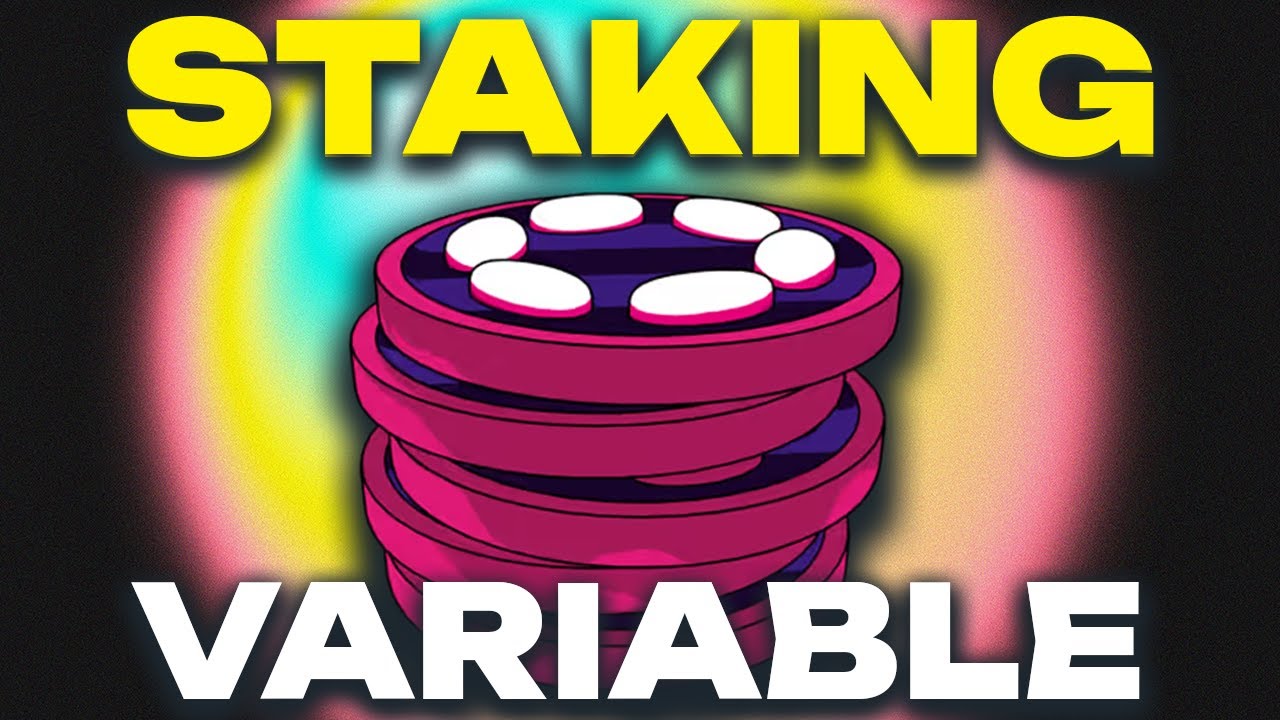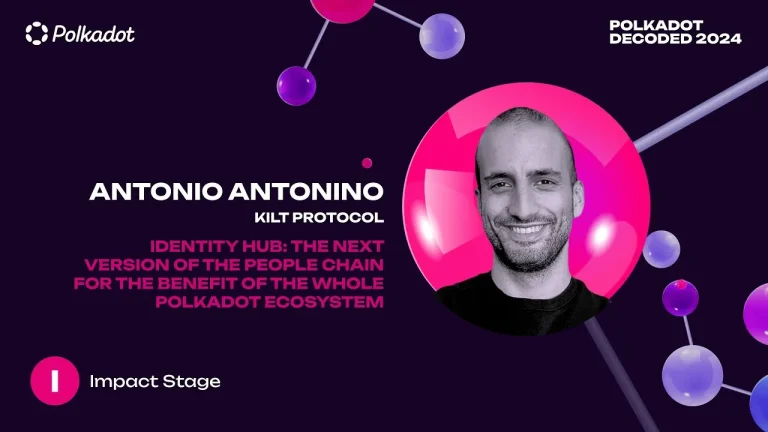Polkadot, a prominent blockchain platform renowned for its security and scalability, is undergoing significant changes in its staking mechanism. The proposed changes, outlined in a recent Request for Comment (RFC) 97 by Jonas Gehrlein and Alistair Stewart, aim to introduce a more flexible unbonding period for stakers, enhancing the network’s competitiveness without compromising its security.
Understanding the Current Polkadot Staking Mechanism
Staking on Polkadot involves locking tokens to support the network’s operations and, in return, earning rewards. However, one of the challenges that stakers face is the unbonding period, currently set at a fixed 28 days. This period is crucial for maintaining the security of the network, as it allows enough time to detect and penalize any malicious activities by validators whose tokens are backing the network.
The 28-day unbonding period is one of the longest among proof-of-stake protocols, which, while ensuring high security, also poses limitations on liquidity and deters potential participants who prioritize flexibility.
The Proposed Polkadot Flexible Unbonding Mechanism
The new RFC proposes a dynamic unbonding period that adapts to the current state of the network. The unbonding time would scale according to the volume of unbonding requests, with a minimum period of 2 days and a maximum of 28 days. This approach aims to make staking more attractive by offering a quicker exit option during times of low unbonding demand, while still maintaining the traditional 28-day period during high demand to ensure security.
The mechanism is designed to queue unbonding requests and adjust their duration based on the size of the queue. When the queue is short, users can expect to unbond their tokens within 2 days. As the queue grows, the unbonding time increases, up to the maximum of 28 days. This system ensures that a substantial portion of the stake remains available for slashing in case of validator misbehavior, thereby maintaining network security.
Security Considerations
The security of the Polkadot network relies heavily on the unbonding period, particularly in preventing long-range attacks (LRAs). These attacks become theoretically possible if more than one-third of the validators collude to deceive the network. The proposed mechanism maintains robust defenses against such attacks by ensuring that even during periods of low unbonding times, enough stake remains locked to deter malicious behavior.
Furthermore, the new unbonding mechanism is sensitive to large unbonding events, which are typically associated with major network activities like parachain auctions. During these events, the unbonding time will naturally extend, ensuring that the network’s security remains uncompromised.
Impact on Polkadot Stakeholders
The introduction of a flexible unbonding period is expected to benefit all DOT/KSM token holders. It offers greater flexibility and enhances the user experience by allowing quicker access to tokens when the network is less congested. At the same time, it preserves the high level of security that Polkadot is known for, making it an attractive option for both current and potential stakers.
Future Implementation and Testing
The RFC recommends that this new unbonding mechanism be first implemented and tested on Kusama, Polkadot’s canary network. Kusama’s more experimental environment allows for real-world testing of the new system’s stability and effectiveness. Following successful trials, the mechanism could be integrated into the Polkadot mainnet, with appropriate adjustments to the parameters.
Conclusion
Polkadot’s proposed flexible unbonding mechanism represents a significant evolution in staking. By introducing a Polkadot staking dynamic unbonding period, the network aims to enhance its competitiveness and attract more participants, all while maintaining its reputation for security. As the blockchain space continues to evolve, such innovations are crucial in ensuring that networks like Polkadot remain at the forefront of the industry.
- Link to the Polkadot RFC 97








